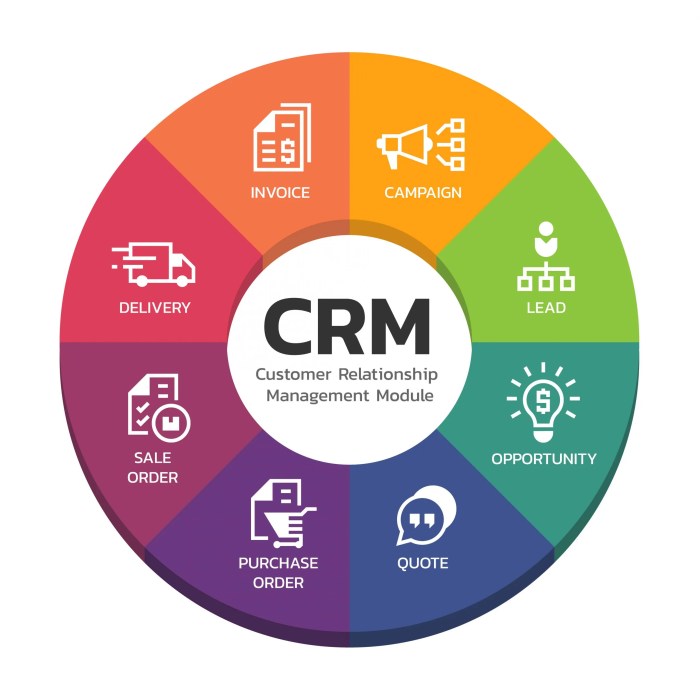CRM Helpdesk Solutions
Unleashing the Power of CRM Helpdesk Solutions: Enhancing Customer Support and Satisfaction
In today’s hyper-connected digital landscape, providing exceptional customer support is non-negotiable for businesses aiming to thrive in competitive markets. With the advent of Customer Relationship Management (CRM) Helpdesk solutions, organizations can streamline their support processes, enhance efficiency, and deliver superior service experiences to their valued customers. In this comprehensive guide, we delve into the intricacies of CRM Helpdesk systems, exploring their key features, benefits, best practices, and how businesses can leverage them to elevate their customer support strategies to new heights.
Understanding CRM Helpdesk Solutions
What is CRM Helpdesk?
CRM Helpdesk, also known as Customer Service Helpdesk or Customer Support Software, is a specialized software solution designed to streamline and optimize customer support operations. It serves as a centralized platform for managing customer inquiries, support tickets, and interactions across multiple channels, enabling businesses to provide timely, personalized assistance to their customers while maintaining detailed records of all interactions.
Key Features of CRM Helpdesk Solutions
1. Ticket Management:
CRM Helpdesk solutions offer robust ticket management capabilities, allowing support teams to efficiently organize, prioritize, and assign tickets based on urgency and complexity. Automated ticket routing ensures that inquiries are directed to the appropriate agents, minimizing response times and improving resolution rates.
2. Multi-channel Support:
Modern CRM Helpdesk systems support omni-channel communication, enabling customers to reach out for support via email, phone, live chat, social media, and self-service portals. Integration with various communication channels ensures seamless interaction across platforms, empowering customers to choose their preferred mode of communication.
3. Knowledge Base and Self-Service Options:
To empower customers to find answers to common inquiries independently, CRM Helpdesk solutions often feature comprehensive knowledge bases, FAQs, and self-service portals. By providing self-help resources, businesses can reduce support ticket volumes, alleviate agent workload, and enhance customer satisfaction levels.
4. Automation and Workflow Management:
Automation plays a pivotal role in CRM Helpdesk systems, enabling organizations to automate repetitive tasks, set up predefined workflows, and escalate tickets based on predefined criteria. By automating routine processes, businesses can improve operational efficiency, reduce manual errors, and focus on delivering exceptional customer experiences.
5. Analytics and Reporting:
Advanced analytics and reporting functionalities provide valuable insights into support team performance, customer satisfaction levels, and emerging trends. Through comprehensive dashboards and customizable reports, businesses can track key metrics, identify areas for improvement, and make data-driven decisions to optimize their support operations.
Benefits of CRM Helpdesk Solutions
1. Improved Customer Satisfaction:
By providing prompt, personalized support across multiple channels, CRM Helpdesk solutions enhance overall customer satisfaction levels and foster long-term loyalty and advocacy.
2. Enhanced Efficiency and Productivity:
Streamlined workflows, automated processes, and centralized data management capabilities enable support teams to work more efficiently, resolve issues faster, and handle higher volumes of inquiries without compromising quality.
3. Better Insights and Decision Making:
Access to real-time analytics and actionable insights empowers businesses to gain a deeper understanding of customer needs, preferences, and pain points. By leveraging these insights, organizations can make informed decisions, optimize support strategies, and drive continuous improvement.
4. Increased Agent Satisfaction:
Empowered with intuitive tools, automation features, and knowledge resources, support agents experience reduced workload, improved job satisfaction, and enhanced morale, leading to higher employee retention rates and performance levels.
5. Scalability and Adaptability:
CRM Helpdesk solutions are highly scalable and adaptable, catering to the evolving needs and growth trajectories of businesses across industries. Whether serving small startups or large enterprises, these solutions can scale seamlessly to accommodate changing requirements and business dynamics.
Best Practices for Implementing CRM Helpdesk Solutions
1. Define Clear Objectives and KPIs:
Before implementing a CRM Helpdesk solution, establish clear objectives, define key performance indicators (KPIs), and align support strategies with overarching business goals.
2. Invest in Comprehensive Training and Onboarding:
Provide comprehensive training and onboarding programs to equip support agents with the necessary skills, knowledge, and tools to leverage the CRM Helpdesk effectively.
3. Promote Collaboration and Knowledge Sharing:
Encourage collaboration and knowledge sharing among support teams by fostering a culture of transparency, open communication, and continuous learning.
4. Monitor Performance and Solicit Feedback:
Regularly monitor key performance metrics, solicit feedback from customers and internal stakeholders, and iterate on support processes and strategies based on insights and observations.
5. Stay Updated with Emerging Technologies:
Stay abreast of emerging technologies, trends, and best practices in customer support and CRM to ensure that your organization remains competitive and responsive to evolving customer expectations.
Conclusion
In conclusion, CRM Helpdesk solutions represent a transformative tool for businesses seeking to elevate their customer support initiatives, drive operational efficiency, and foster meaningful relationships with their customers. By embracing the capabilities of CRM Helpdesk systems, organizations can deliver superior support experiences, differentiate themselves in crowded markets, and achieve sustainable growth and success in the digital age.

